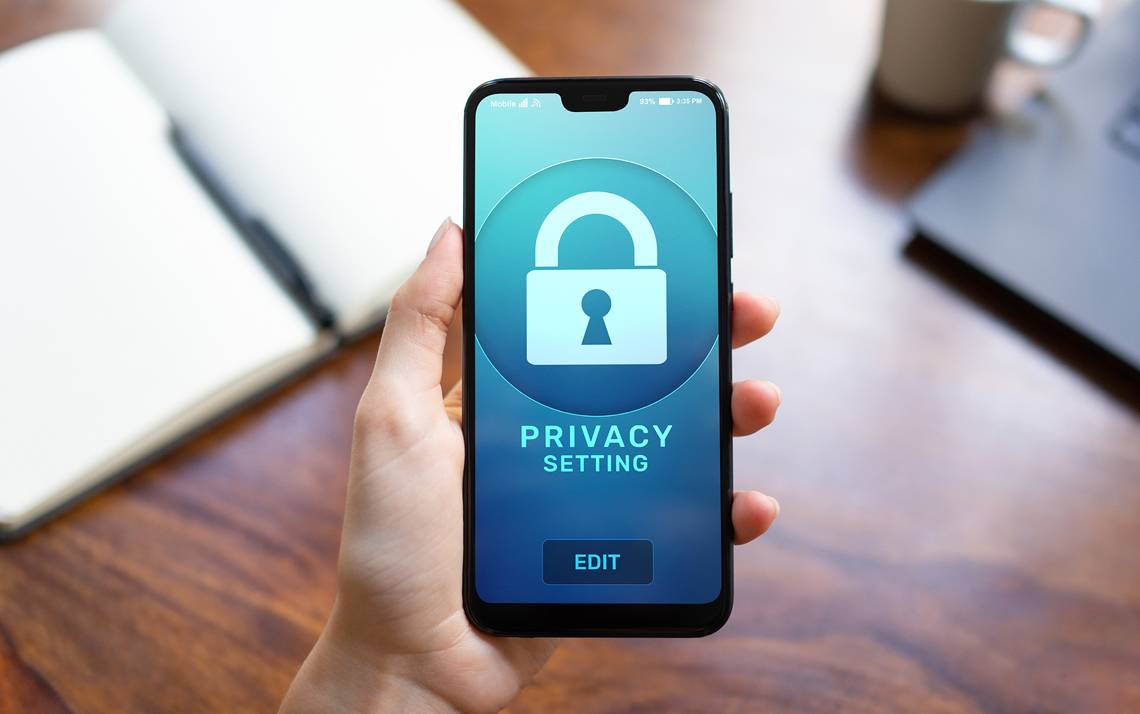In the age of smartphones, we’re more connected than ever. Our cell phone devices serve as portals to vast online worlds, personal databases of our lives, and instruments for critical daily tasks. However, with great power comes great responsibility. As our reliance on cell phones grows, so does the importance of ensuring their security.
Here are twenty essential cell phone security tips for 2023-24
- Keep Your Operating System and Apps Updated: Manufacturers regularly release security patches in response to new threats. Ensure you always have the latest defenses by updating your software promptly.
- Avoid Public Wi-Fi for Sensitive Tasks: Public networks, such as those at airports or cafes, are easier targets for hackers. If you must connect, avoid logging into banking or personal accounts.
- Secure Your Phone with Strong Authentication: Simple PINs can be easily bypassed. Use a combination of alphanumeric characters, and leverage biometric options like fingerprint and facial recognition for additional security.
- Be Cautious with App Permissions: An app might not always need access to your contacts or location. Only grant permissions that seem relevant to the app’s function.
- Backup Your Data Regularly: Accidents happen. Regular backups ensure you don’t lose valuable information due to theft, damage, or software issues.
- Install a Reputable Security App: Such apps can scan for malware, warn about unsafe websites, and block scam calls. Opt for well-reviewed security apps from trusted sources.
- Avoid Downloading Apps from Unknown Sources: Stick to the official app stores. Third-party platforms may host malicious apps that appear legitimate but contain malware.
- Use Encrypted Messaging Apps: Standard SMS might be intercepted. Apps like Signal or WhatsApp use encryption, ensuring that only the intended recipient reads your messages.
- Be Wary of Phishing Scams: Attackers might mimic official communications. Always double-check sender details and never provide personal information without verifying the request’s authenticity.
- Enable Remote Tracking and Wiping: If you lose your cell phone, these features can help locate it. If it’s unrecoverable, remotely erasing it ensures your data doesn’t fall into the wrong hands.
- Regularly Review and Clean Installed Apps: Over time, apps can become obsolete or compromised. Frequently evaluate your app list and remove those no longer needed.
- Avoid Clicking Suspicious Links: Links in SMS, emails, or social media might lead to malicious sites. Confirm the legitimacy of unusual or unexpected links before clicking.
- Limit Location Sharing: Continuous location sharing can be a privacy risk. Adjust settings to share your location only with trusted individuals or apps and only when necessary.
- Be Discreet About Personal Information: Discussing sensitive matters? Be aware of your surroundings. Nearby strangers might overhear personal or financial details.
- Keep Bluetooth Off When Not in Use: Open Bluetooth connections can be a target for unauthorized access. Deactivate it when not paired with a known device.
- Encrypt Your Phone’s Data: Encryption translates your data into a code, preventing unauthorized access. This ensures your data remains private, even if your device is compromised.
- Regularly Change Your Passwords: Periodic changes keep potential intruders on their toes. Ensure each password is unique and not reused across multiple accounts.
- Stay Informed About the Latest Threats: The cybersecurity landscape evolves rapidly. Keep abreast of the latest threats and solutions by following reputable security news sources.
- Restrict Access to Lock Screen Notifications: Personal texts, emails, or app notifications can reveal a lot. Adjust settings to minimize displayed content on locked screens.
- Educate Yourself on App Privacy Policies: Before downloading, understand what permissions an app requires and how your data will be used. Choose apps that respect your privacy.
Conclusion
Protecting your cell phone in 2023-24 isn’t just about defending against digital threats; it’s about preserving your privacy and personal safety. Each action, from the apps you install to the permissions you grant, affects your device’s vulnerability. With these 20 in-depth tips, you can navigate the digital world confidently, knowing your phone’s defenses are robust and up-to-date.



